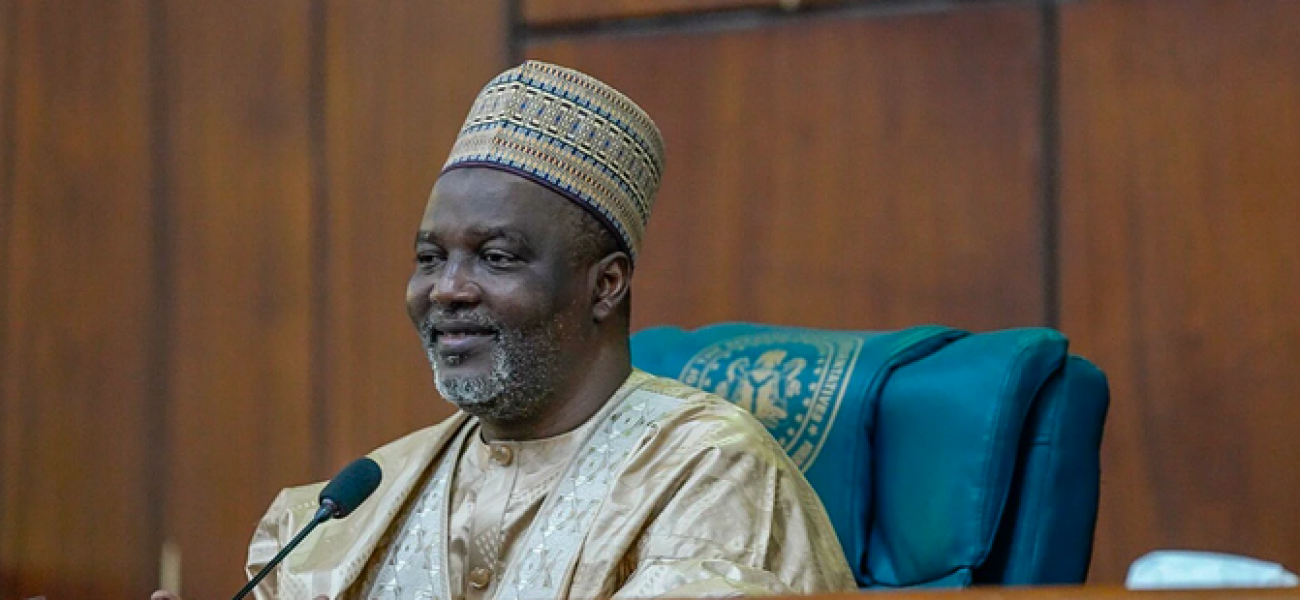There was outrage across Nigeria, Thursday, March 11, when Deputy Speaker of the House of Representatives, Ahmed Idris Wase rejected a petition filed by an association of Nigerians living outside the country, on the grounds that Nigerians living abroad cannot complain about the events happening in Nigeria. The Deputy Speaker also questioned whether the association was registered with the Corporate Affairs Commission of Nigeria. In their petition presented by Hon. Mark Terseer Gbillah, the Mutual Union of the Tiv in America (Mzough U Tiv Amerika) is accusing the Nigerian Federal Government of turning a blind eye to the expropriation of their land by Fulani herdsmen, their displacement from their ancestral homes and constant attacks on them by the said herdsmen. Ruling the petition out of order, the Deputy Speaker questioned the rights of Nigerians living abroad to file complaints for consideration by the Public Petitions Committee of the House of Representatives. Under the rules of the House, Nigerians aggrieved by government action or inaction could request intervention to remedy a wrong committed against them. The House Committee on Public Petitions has developed an ability to intervene as an administrative recourse mechanism. The Committee has over time, provided an inexpensive way of addressing several administrative wrongs and complaints by citizens who have found it to be expedient to use the Committee for the purpose.
Nigerians have reacted to the development, insisting that Nigerians, regardless of their place of residence, have a right to speak on issues pertaining to the nation. In addition, Wase’s action is a contradiction of the government’s purported efforts to create an inclusive atmosphere for Nigerians in diaspora. In reaction to this development, the community of Nigerians in Diaspora have written to the leadership of the House of Representatives demanding an apology, and clarification of the National Assembly’s position on the relationship between the Nigerian government and Nigerians in diaspora, failure of which will result in withholding further diaspora remittances into Nigeria, among other actions. It will be recalled that the Central Bank of Nigeria recently introduced an initiative to encourage international money transfers into Nigeria, from Nigerians living abroad.
The Nigerian Constitution very clearly allows for freedom association for Nigerians, anywhere and it would appear that the Deputy Speaker overlooked this. The Constitution allows for any group of persons to associate and work together without need for registration under the Companies and Allied Matters Act. This is what the Tiv group in the United States have done. It is hoped that the matter would be revisited and that the obvious travesty of justice would be addressed.

